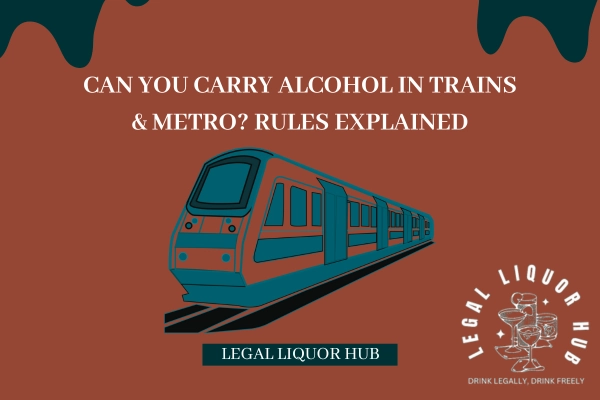In a bold move aimed at bolstering state revenue, the Maharashtra government is preparing to end a decades-long freeze on new liquor shop licences — a policy that dates back to 1974.
In a bold move aimed at bolstering state revenue, the Maharashtra government is preparing to end a decades-long freeze on new liquor shop licences — a policy that dates back to 1974. As per reports, the state plans to introduce 328 new wine shop licences across various districts, a decision that could reshape the excise policy landscape in one of India’s largest states.
A Historic Shift in Liquor Policy
For nearly half a century, Maharashtra has kept the number of licensed liquor outlets stagnant at 1,713 — a number that has remained unchanged despite rapid population growth. In contrast, other Indian states have gradually increased their licences by around 3% annually, highlighting Maharashtra’s conservative approach, with just 1.5 shops per 1 lakh people, compared to the national average of six.
This long-standing restriction is now poised to be lifted, with the new move spearheaded by a state-formed committee aiming to modernize and monetize the excise sector.
Why the Sudden Policy Change?
The catalyst behind this decision appears to be the mounting financial pressure of welfare schemes, most notably the ‘Mukhyamantri Majhi Ladki Bahin’ initiative. With the government needing additional funds to sustain such programs, expanding the liquor retail network has emerged as a lucrative option.
Currently, the Excise Department contributes around ₹43,000 crore annually, making it the fourth-largest revenue stream for Maharashtra. If the newly proposed reforms are enacted, the state could generate an additional ₹14,000 crore each year, as reported by Loksatta.
New Licence Structure: Lease, Not Purchase
Under the revamped policy, new liquor shop licences won’t be sold permanently but leased to applicants, making the entry point more financially feasible. While purchasing a second-hand licence on the open market can cost up to ₹10 crore, the new model introduces a non-refundable deposit of ₹1 crore, with an annual fee collection target of ₹35 crore for the state.
This structure is designed to democratize access to the liquor retail business, reduce black-market trading of licences, and broaden participation — although not without scrutiny.
Controversy Brews: Allegations of Conflict of Interest
Despite the apparent economic rationale, the decision hasn’t escaped criticism. Leading the committee overseeing these reforms is Ajit Pawar, Maharashtra’s Deputy Chief Minister and Excise Minister. Opposition leaders and political commentators have questioned the move, suggesting a potential conflict of interest due to Pawar’s alleged links to liquor manufacturing entities, particularly a major facility in Baramati associated with his close aides.
These allegations have reignited the age-old debate over transparency in policy decisions, especially when high-revenue sectors like liquor are involved.
A Push That May Finally Succeed
This isn’t the first time the state has floated the idea of expanding its liquor distribution network. Previous attempts in the 1980s and 1990s were met with fierce resistance from socialist leaders such as N.D. Patil and Mrinal Gore, who campaigned against the liberalization of alcohol sales on moral and social grounds.
However, the present-day political and economic climate seems more conducive. The financial imperative of funding ambitious welfare programs may give the government the momentum it needs to see this policy through — and reshape Maharashtra’s excise economy for good.
Conclusion
The lifting of the 50-year-old freeze on liquor shop licences is more than just a policy change — it’s a significant shift in how Maharashtra plans to balance economic strategy with social responsibility. While the move promises greater revenue and market participation, the ultimate success will depend on transparent implementation and effective regulation.
Need Drinking liquor/alcohol permit : Apply Now





